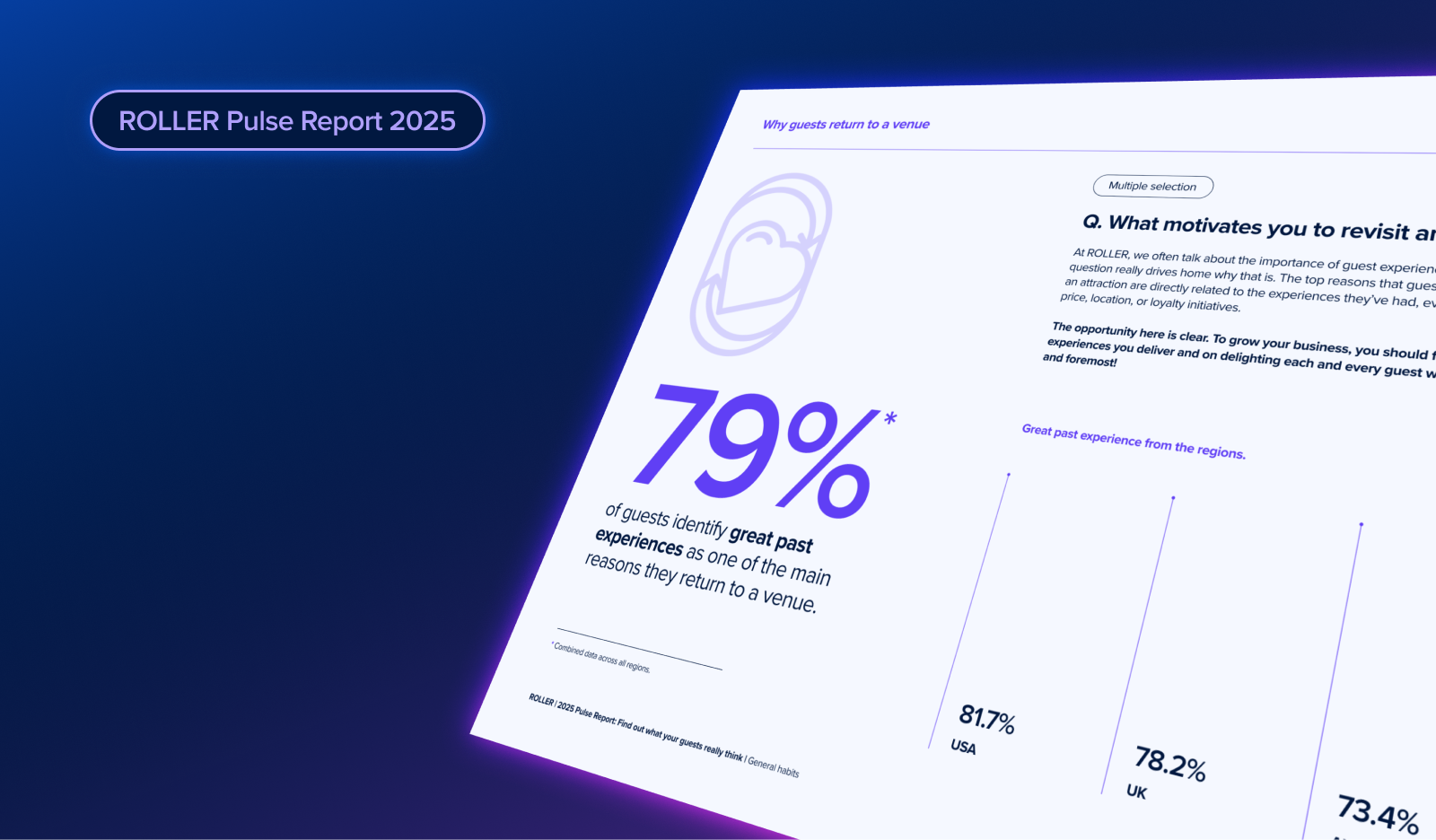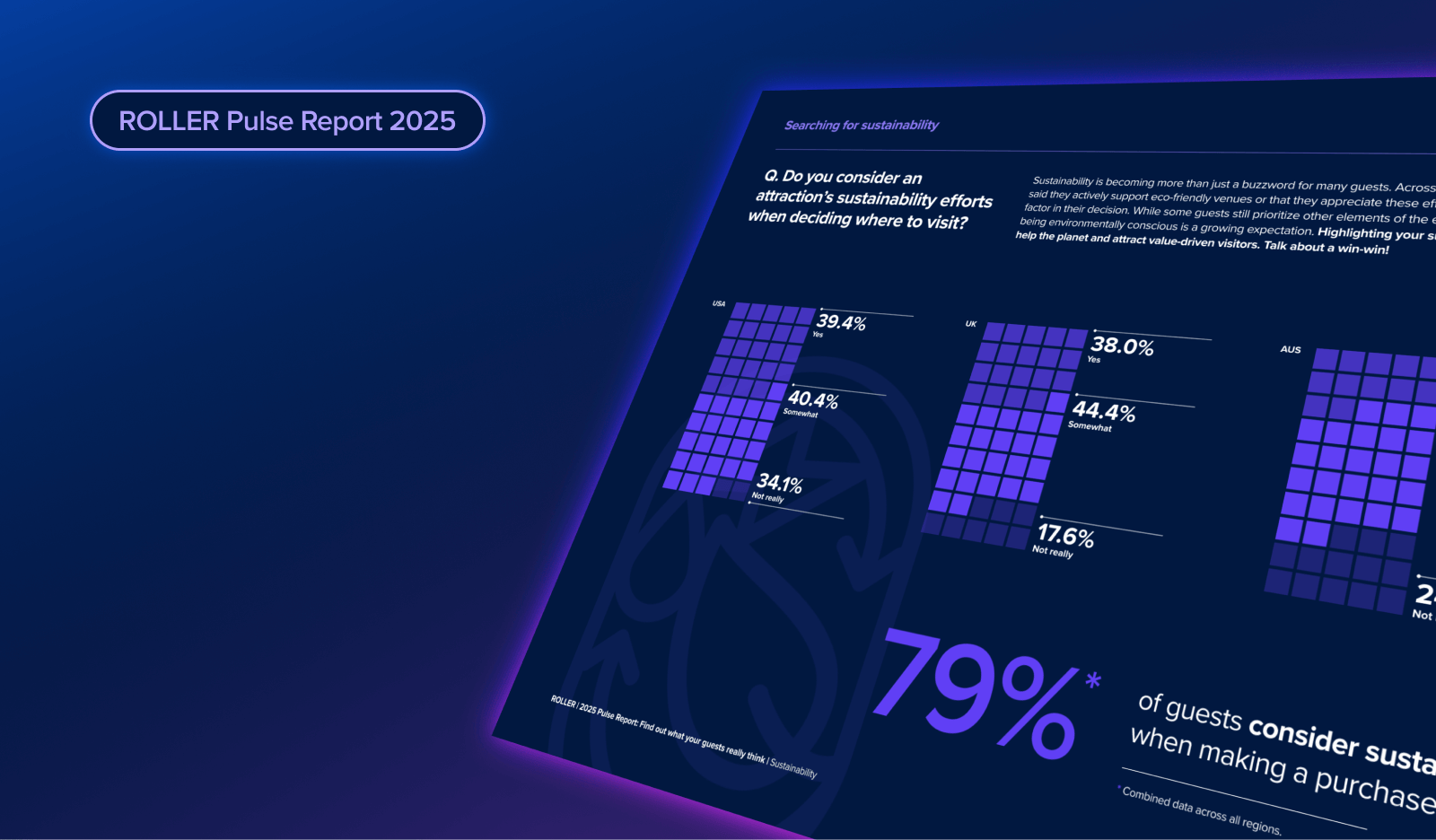
Quick! If I were to say, “loyal guest,” what comes to mind? Or more specifically, who comes to mind? If you were to picture a loyal guest in your head right now, what do they look like?
Maybe you’re thinking of a specific person. Maybe it’s a couple, a family, parents, grandparents, or children. Maybe it’s a combination of these personas as you are thinking of multiple flavors of loyal guests. Odds are, something sparked your memory when the phrase “loyal guest” is put in front of you.
What makes them loyal? What do they do that earns this place in your brain and qualifies them as loyal?
These days, loyalty can be defined in a number of ways. With the number of points programs, tiered statuses, and punch cards available today, loyalty has become a more seamless achievement than prior to the existence of these programs. The question is – is a guest truly loyal if they are simply loyal to the program? Also, can someone be loyal to you if they’re also loyal to your competitors.
I used to consult for multiple hotel brands, and I very soon gained top tier status simultaneously with Marriott, Hilton, Starwood, and Hyatt, and was thanked for my genuine loyalty at every property I checked in. Little did they know how bad I was cheating on them. On the flip side, a local pizzeria near me offers a free slice after 10 paid slices, tracked by a flimsy business card that gets punched on every visit. Usually I forget the card, or order a whole pie which doesn’t qualify for a punch, and I’m more loyal to them then to brands with more sophisticated programs.
This doesn’t mean that loyalty programs aren’t worthwhile, but they aren’t a definition of true loyalty. When you break it down, there are a few specific attributes that can define loyalty, and these are probably what come to mind when you thought of your loyal guests.
- They come back. They aren’t a transient one-time visitor, they subscribe to a repeat visitation program, whether it is a membership or annual pass (or even that punch card), but that they actually use it too. It doesn’t need to be daily, but a loyal guest returns to your venue and you reward them for it.
- They tell others. They aren’t just a repeat guest, they’re part of your marketing team. Due to their loyalty for you they are on a mission to spread the good word and make sure others visit too. They tell their personal network of friends, family, neighbors, and coworkers, and of course – they’ve posted a favorable online review. One of your greatest accomplishments may be turning happy guests into true brand advocates.
- They defend you. They aren’t just part of your marketing team, they’re also part of your public relations team. When someone has a bad experience or otherwise posts an unfavorable remark about you on social media, they are quick to come to your defense and in many cases, will set your adversaries straight in a way that you wouldn’t be able to if you want to stay diplomatic. Your loyal guests are quick to come to your aid when you need it.
So where does that leave loyalty programs? If you are attempting to manufacture loyalty through points and status, then vanity metrics might indicate that they’re working. However, when you measure the three actions defined here, you know that it had to do with their experience when they visited you.
True loyalty is derived from the guest experience and the product you deliver, regardless if the guest is rewarded.
Loyalty programs and incentives can be great ways to lead guests toward natural loyalty, similar to training wheels on a bicycle. Any rewards-based program should focus on recognizing the behaviors you’d like to see from your guests that define them as loyal. But the lingering question you should always ask is, “If I took away all the benefits of the loyalty program, would I still have loyal guests?”
Does your experience itself foster loyalty, or is it the program?
Related articles

.png)
What the 2025 Pulse Report Reveals About Guest Booking Behavior at Attractions

2025 Pulse Report: How Sustainability Is Shaping Guest Expectations
Enhance your guest experience
Get free education, tips and inspiration to help you run a successful venue.
